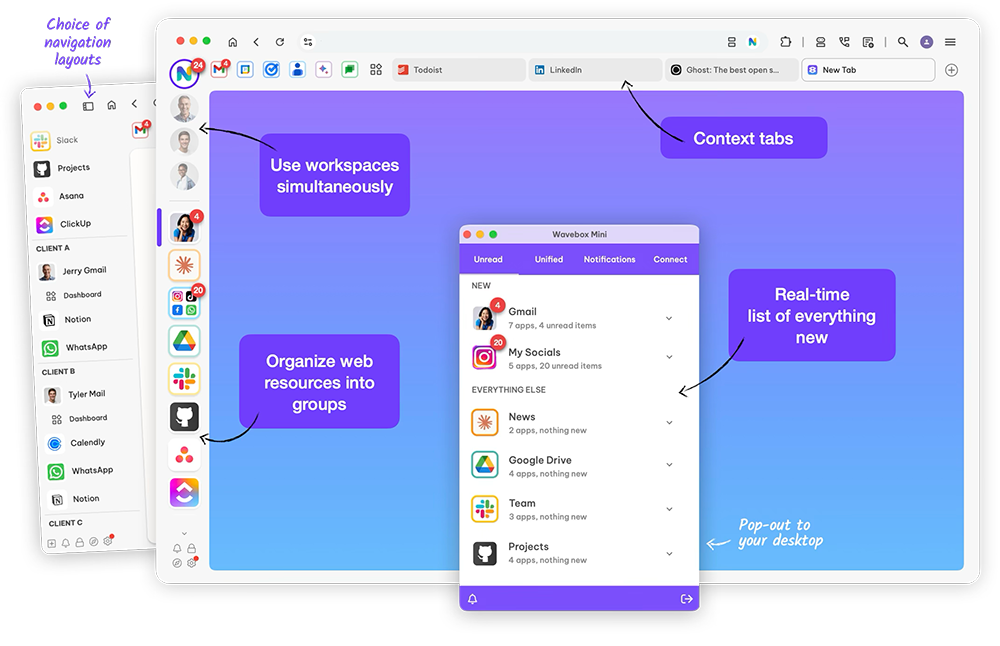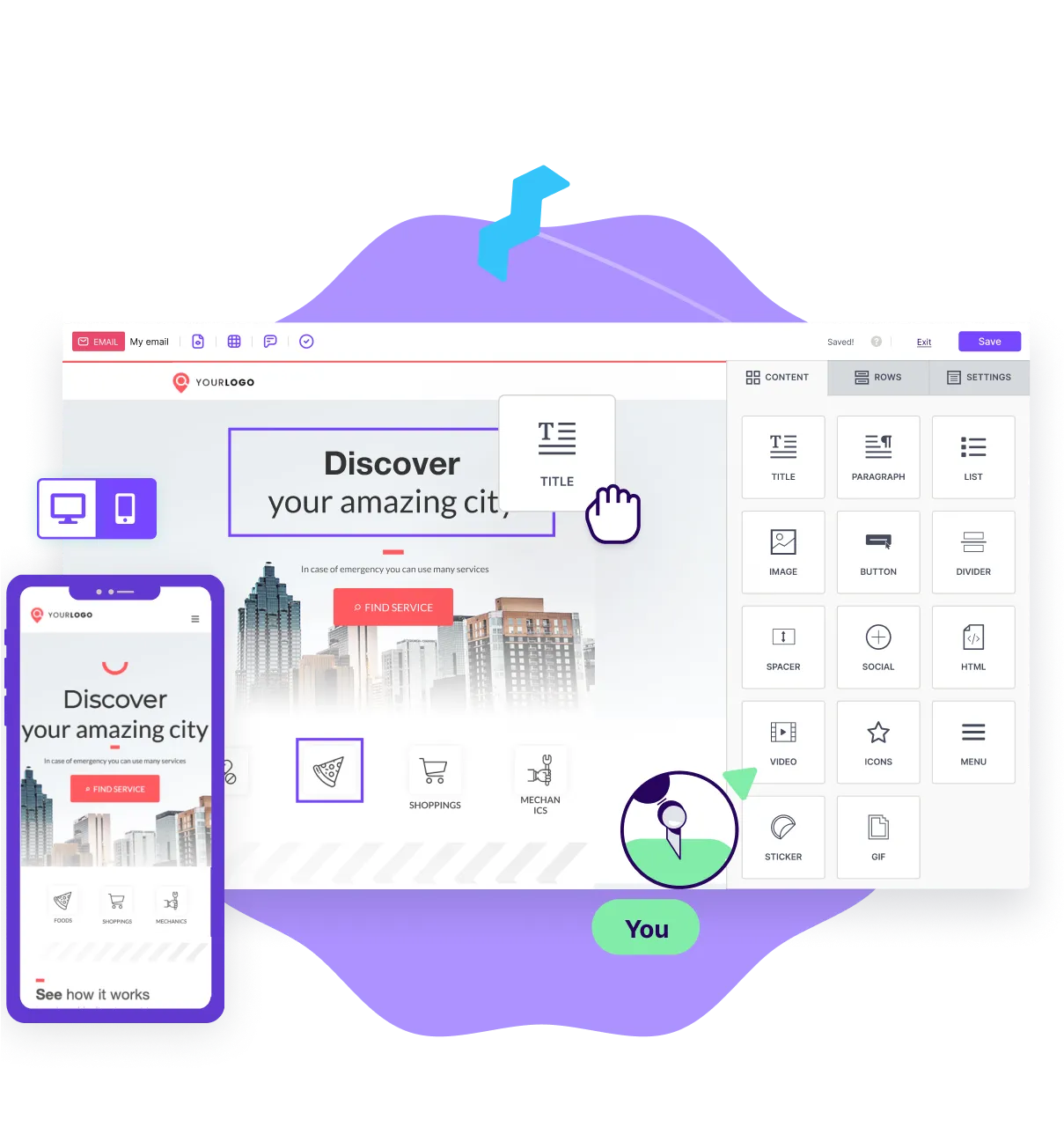Meta tags are ways of tagging your site to provide the Search Engines with crucial information about its content and reason for being. With the advent of more sophisticated search engine algorithms, these have become less prominent, but meta tags still have merit, and it's good SEO practice to know how to use them.
Important Website Meta
Always place website meta tags between the opening and closing page <head></head> and in all cases try and avoid SEO 'Stop Words' that are considered by Search Engines as delivering irrelevant and unwanted information.
Title Meta
The title is the first (usually click-able) phrase you see as a search result. Keep it clear, concise and page/site relevant. Ignore tags like 'home' on the home page and put your business name later in the phrase as its less important than the content key message and your primary/focus keyword. Google typically displays the first 50–70 characters so aim to keep it under 70 characters.
Description Meta
A description of your website, key products/services, key message & location. This should be human-readable and contain your focus keyword(s) where appropriate. At the latter end of 2017 Google expanded the character length of meta descriptions to 320 characters. You’ll notice a change in the SERP’s, where instead of there being 2 lines of a meta description, there can be 4-6 lines of meta description length. However, just because you now have that much bandwidth doesn't mean you must use it; the best descriptions are still concise with a defined offering and a clear call to action. Remember that the description, like the title, will be read by a real human being too - so write the content on that basis and aim for around 160 characters.
Keywords Meta
The keywords are the most important words, phrases and 2+ word combinations that are related to the page/site. For the homepage, we would recommend you use keyword combinations that are targeted to your primary product/service and also use location geo-targeting. For example, Slick Media would sparingly use high-competition keywords like 'web design', but by localising with a phrase like 'web design in milton keynes' (Milton Keynes is our primary catchment area) you are increasing your chance of being found with a geo-located term with less competition. Whilst there is no official limit, we recommend no more than 10 keyword phrases / 160 characters.
Keywords are no longer important / Do you still need keywords?
There have been official announcements from Google dating back to 2009 that keywords are not used in web rankings:-
Google does not use the keywords meta tag in web ranking
In October of that same year, 2009, at SMX East, Yahoo! announced they also no longer rank the meta keywords tag and on this basis, leading SEO providers like Yoast #1 WordPress SEO Plugin to call keywords 'useless' (but they still allow you to turn keywords back on).
The question as to whether we need keywords is not a straight 'yes' or 'no', but there is evidence to confirm that they are now much 'less-important'. The primary driver of a web pages is 'quality content' so the main concern should be delivering that quality content for the search engines to spider. Through our own SEO we still find top-performing pages with carefully targeted keywords / keyword phrases and 5 keywords is a good limit for affordable Google Ad Blocks. However if you use keywords they must be 'relevant' and absolutely do not stuff your content with keywords. The number one rule is to 'write your content for humans and not the Search Engines'. Google is focused on quality and user experience and its algorithms are highly sophisticated so don't bother trying to beat the system. An SEMRush Study highlights top ranking factors and may assist you in your decision on the future applicability of keywords.

Other less important & less Utilised Meta tags
You can use these Meta tags, but it's not going to affect your ranking.
Best Plugins on Wordpress for Website Meta & SEO
We recommend Yoast SEO (keywords turned back on) or Premium SEO Pack Wordpress Plugins.
Search Engine Stop Words - Words to Avoid in Meta
A Search Engine crawler/spider visits your site for initial submissions and then updates; when they detect stop words, your website might get restricted or ignored by the search engine. Typically these stop words are filtered out from the search results because they are insignificant, but to avoid initial mistakes and subsequent re-submission requests directly aim to avoid them.
Different search engines have their own stop words, but the following are accepted SEO Stop Words.
Let us know if we've missed any key ones and please do join the conversation (below) to ask questions and/or help others.











Join in the Discussion